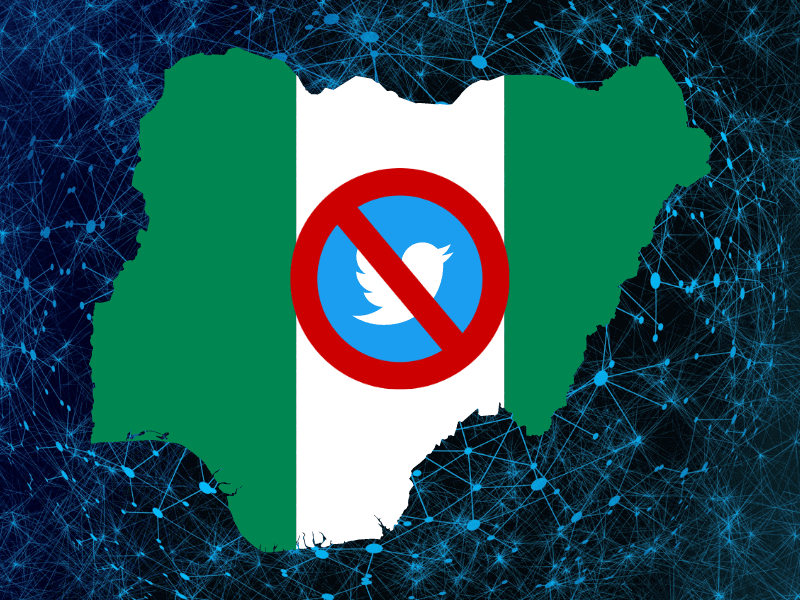
Social Media Ban in Nigeria: The Twitter Ban Saga
Social media has become an integral part of our daily lives, and it has revolutionized the way we communicate and interact with each other. However, the Nigerian government recently imposed a ban on Twitter, one of the most popular social media platforms in the country. This move has sparked a lot of controversy and debate, with many people questioning the legality and necessity of the ban.
Background
The Twitter ban in Nigeria was announced on June 4, 2021, by the Minister of Information and Culture, Alhaji Lai Mohammed. The ban was a response to Twitter’s decision to delete a tweet by President Muhammadu Buhari, which the company deemed to have violated its policies on abusive behavior. The tweet in question referred to the Nigerian Civil War and threatened to treat those who were causing trouble in the country “in the language they understand.”
The Nigerian government accused Twitter of bias against the country and claimed that the platform was being used to promote misinformation and incite violence. The government also accused Twitter of providing a platform for separatist groups in the country, such as the Indigenous People of Biafra (IPOB).
Reactions
The Twitter ban sparked a lot of reactions from Nigerians and the international community. Many Nigerians saw the ban as an attack on their freedom of expression and a violation of their human rights. The ban also had a significant impact on businesses and individuals who relied on Twitter for their livelihoods.
The international community also condemned the ban, with many organizations and governments calling on the Nigerian government to reverse its decision. The United States, the United Kingdom, Canada, and the European Union all issued statements expressing their concerns about the ban and calling for a restoration of access to Twitter.
Impact
The Twitter ban has had a significant impact on Nigeria’s social, political, and economic landscape. The ban has led to a loss of revenue for businesses that rely on Twitter for marketing and advertising. It has also affected the ability of Nigerians to communicate and express themselves freely, both domestically and internationally.
The ban has also raised concerns about the government’s commitment to democracy and the rule of law. Many Nigerians see the ban as an attempt by the government to stifle dissent and limit the freedom of the press.
Conclusion
The Twitter ban in Nigeria has sparked a lot of controversy and debate, with many people questioning the legality and necessity of the ban. The ban has had a significant impact on Nigeria’s social, political, and economic landscape, and it has raised concerns about the government’s commitment to democracy and the rule of law.
It is important for the Nigerian government to engage in constructive dialogue with Twitter and other social media platforms to address the concerns that led to the ban. The government should also work to ensure that the rights of Nigerians to freedom of expression and access to information are protected. Only then can Nigeria truly harness the power of social media for the benefit of its citizens.
Leave a Reply